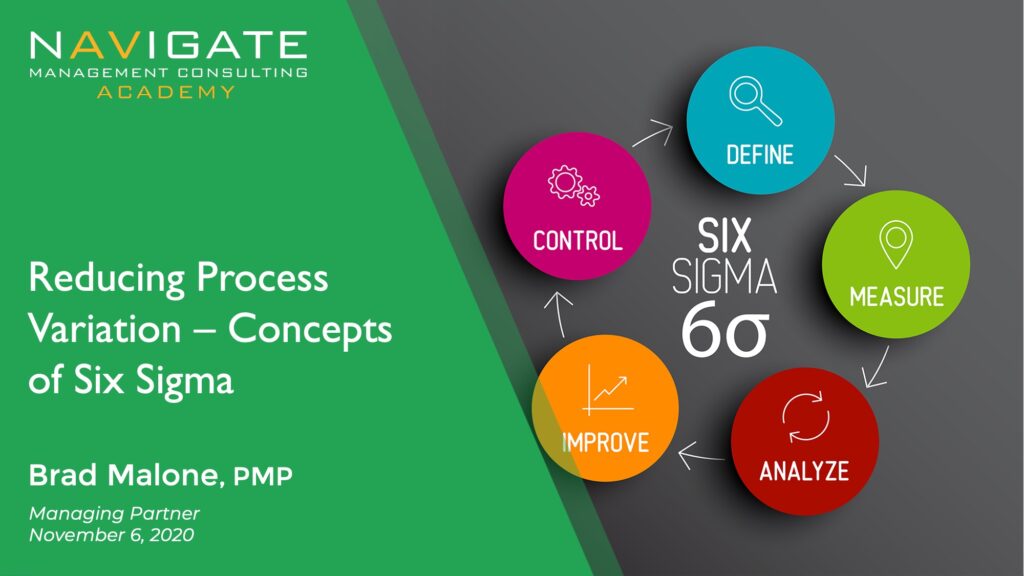
L51: The Importance of Performance Management
If there is no objective measurement criteria or known path towards advancement then employees make up their own interpretation of the system, which can cause political drama where it’s not needed.

L46: Establishing a Process Management Organization
All companies have business processes – regardless of size or industry. There is no company without them. A company’s internal and inter-company processes are comparable to a body’s central nervous system. When maintained and optimized, they will ensure competitiveness and survival in the marketplace.

L43: Running a High Performance Service Organization
The future of the AV/IT integrator requires the ability to build a flexible service offering that adapts to the technology support needs of end-users. Is your organization prepared for and ready to implement these offerings?

L41: The Importance and Impact of Technical Standards (Sales Design Quoting vs. Final Engineering)
Engineering is an expensive and limited asset for any organization. Finding ways to allocate engineering time to best benefit can be a challenge. Establishing guidelines and standard practices for sales-support design can reduce pre-sales support costs.

L28: Decision Making Process
Process-Understand the 2 primary types of decisions, steps within the decision making process and challenges facing decision makers. Criteria – Understand the importance of stakeholder analysis, the value of weighted decision making criteria and the process/criteria for ethical decision making. Style – Understand the importance of stakeholder analysis, the different styles of decision making and […]

L17: Communications Principles / Styles
Structure – understand the model of the communications process and the questions and decisions required to make a viable communications structure. Content – understand key stakeholders to be communicating with and primary communications content regarding projects. Style – Understand the 5 C’s of written communication, direct & indirect styles of communication and modes, filters of […]

L13: Reducing Process Variation – Concepts of Six Sigma
Six Sigma is a quality management philosophy geared towards reducing process variation through structured problem solving processes Process Variation primarily occurs due to a lack of designed processes which are poorly trained and haphazardly enforced. Six Sigma is a management philosophy designed to ensure predictability and reduce variation – both factors in increasing profitability. The […]

L10: Importance of Process Standards in Performance Measurement
Common standards allow for and lay the foundation for competence training and development, process measurement, continuous improvement, performance measurement, growth and succession planning, etc.
